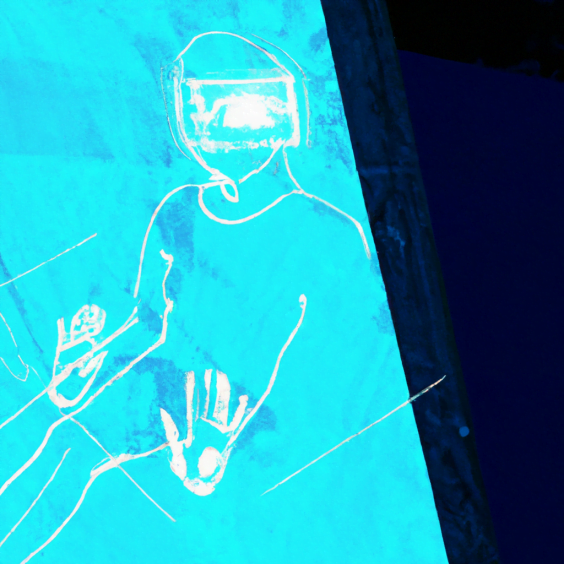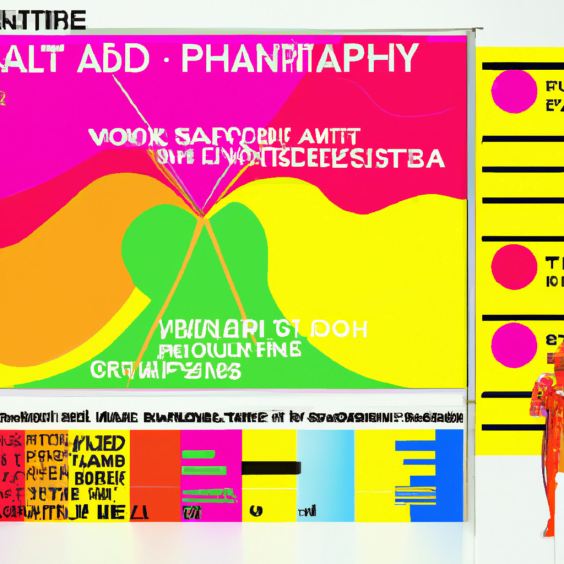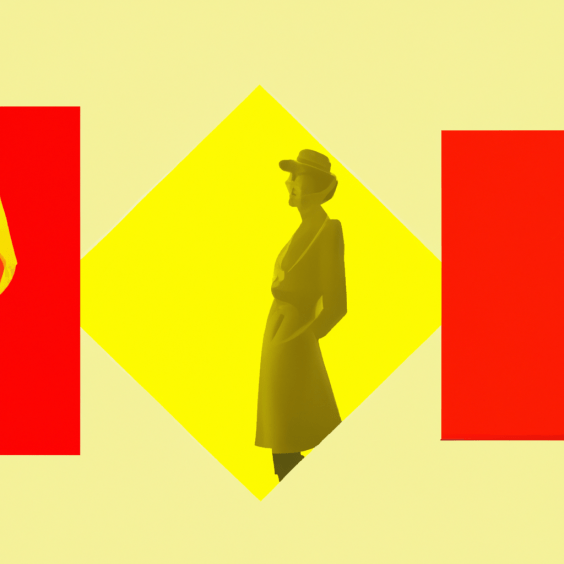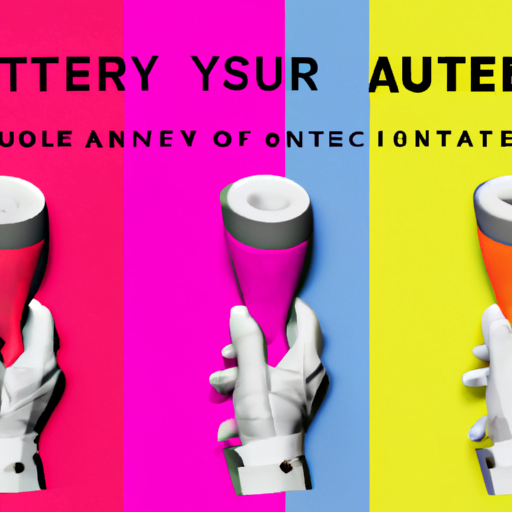Designing for Virtual Reality (VR) Experiences Introduction Virtual Reality (VR) is a technology that has been around for decades, but…
Table of Contents Infographics: Presenting Data Visually What are Infographics? The Benefits of Infographics Examples of Infographics Creating Infographics Conclusion…
Table of Contents Trends in Responsive Web Design 1. Mobile-first design 2. Minimalism 3. Custom illustrations and animations 4. Dark…
Table of Contents Crafting an Effective User Experience (UX) Introduction Understanding Your Users Example: Designing for Usability Example: Ensuring Accessibility…
User-centered design is crucial for successful products because it ensures that the end-users’ needs and preferences are taken into account throughout the design process. By prioritizing user feedback and testing, designers can create products that are intuitive, efficient, and enjoyable to use, ultimately leading to higher user satisfaction and adoption rates.
White space, also known as negative space, is the area between design elements. It is a crucial aspect of design as it helps to create balance, improve readability, and draw attention to important elements. Effective use of white space can make a design look clean, modern, and professional.






